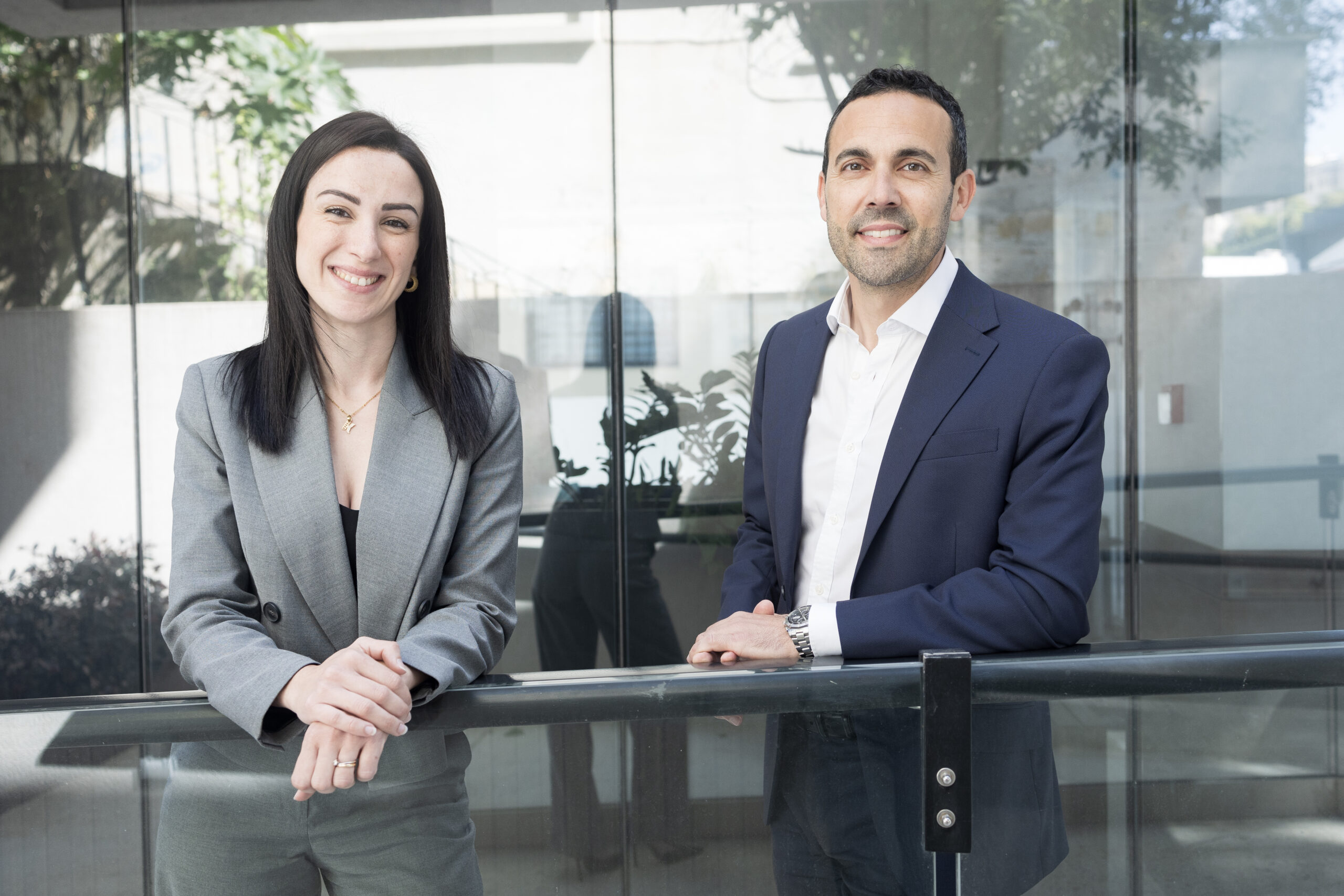“We are often caught between a double-edged sword of taking steps to safeguard our reputation and offering a service that is business-friendly to make Malta attractive for business,” says Kenneth Brincat, Chief Operations Officer at the Malta Business Registry (MBR).
“It is our scope to attract businesses that have no malicious intent – we need to ensure that we have a clean register both with respect to data and the kinds of businesses that want to register with us. The MBR’s Strategic Plan was indeed built around this mindset.”
The MBR’s Strategic Plan 2020-2025 lays out a detailed five-year plan for the Registry that takes into account the shifting realities around us, including the crucial role technology will play and how it can prevent the occurrence of human error while making internal processes efficient and business friendly.

“All new processes relating to internal control, risk management, internationalisation and others have good governance at their core, which brings us closer to our vision – to be recognised globally as an excellent business registry offering quality services to corporate and business sectors locally and internationally, in compliance with local legislation and international standards.”
Following the publication of a 2018 legal notice, the Malta Business Registry was established and, after de-merging from the Malta Financial Services Authority, it began operating as an independent agency as of June 2019.
“After spending the first year finding our feet and laying the foundations for the new agency, both in terms of upping our human resources and also by establishing our competencies, the next natural step was to see what our strategy and vision should be for the next five years. This is what sparked the formulation of the Strategic Plan,” says Mr Brincat.
The Strategic Plan revolves around four pillars: Internationalisation, Information and Communication Technology (ICT), Changing Purposes and Knowledge and Learning. Delving into each pillar, the COO asserts that, with respect to Internationalisation, the MBR seeks to remain abreast of constantly-evolving legal frameworks, namely Council of Europe Directives that call for changes to Maltese laws, alongside regulations and measures relating to Anti-Money Laundering and fighting financial crime.
Upgrading the Agency’s ICT set-up is necessary to provide the tools to help achieve internationalisation, as well as to improve processes all around for staff members and clients alike. To this end, the MBR has been working hard over the past year to establish its new online system that is based on distributed ledger technology, making it “the first business registry in the world to work on a blockchain-based system.”
With respect to the third pillar, Changing Purposes, the COO states that, as a new agency in the public sector, the MBR wanted to ensure that it doesn’t fall into the trap of being slow to implement change, “and that we are business friendly first and foremost. We are also aiming to be the role model employer in the public sector,” he asserts.

“The pillar of Knowledge and Learning ties in with this, and outlines what we need to do to acquire more exceptional talent from the private sector and how to compete with it to attract the right people, as well as strengthening the existing team by expanding its members’ knowledge and providing the expertise they need to carry out their work.”
Highlighting one of the most critical changes that the Strategic Plan will bring about, relating to the accuracy of the data submitted to the Registry, Mr Brincat explains that the accuracy of data – the latter being the beating heart of the Registry – is in fact the Agency’s biggest risk, “as well as ensuring that the information being reviewed by staff is correct, and that there is no malicious hacking or tampering of the information provided.”
“To mitigate these risks, there is the need for change, and the new system we are implementing, which adopts the use of AI technology, reduces the margin of human error,” says Mr Brincat. This, he hopes, will foster a change in perception and mentality of the users. “This is where our communication and branding strategy comes in, to communicate that not everything goes, not every document will be registered as it was submitted.”
The switchover to the new online system is expected to be complete by Q1 2021. Meanwhile, Mr Brincat asserts that enhancements continue to be made to the current system, as “some changes are too crucial to wait”.
He goes on to explain that, prior to the outbreak of COVID-19 in Malta, the online platform had a usage rate of around 15 per cent. During the time that the MBR’s offices were closed, this increased to around 38 per cent. “This was down to the fact that clients had no other way of obtaining a fast service from the Registry at the time,” he adds. “Despite the improvement in the usage rate, however, the need for a change to the system is still there.”
One of the most needed improvements concerns the currently laborious identification process, which requires clients to visit multiple entities in person to show proof of identification. The new system will make use of a qualified electronic signature, making the process more user friendly and accessible to encourage the public to make use of it, including foreign nationals who do not possess a Maltese ID Card, says Mr Brincat.
Through the Strategic Plan, the MBR will also be widening its remit to become the country’s single, central registry that includes all businesses, and not just registered companies, namely foundations, associations and self-employed businesses.
“The closest registry we have to this currently is that of the VAT department, but not all businesses need a VAT number, such as those in the educational sector, for example,” he asserts. “For this reason, it is fundamental that Malta has one Registry with a single unique identifier for all businesses that carry out trade in Malta, which is what the Malta Business Registry is working to become.”
Malta’s next leap: Secured
How ESET delivers enterprise-grade security to meet Malta’s digital ambitions
Mastering the language of business: How BELS is crafting bespoke training for a dynamic economy
BELS Malta Director of Studies Arianna Muscat on how the language school helps companies equip their teams for success.
Built differently – CLA Malta offers custom solutions in a cookie-cutter landscape of tax advisory and business
Their client-centric philosophy extends far beyond conventional consultancy.






